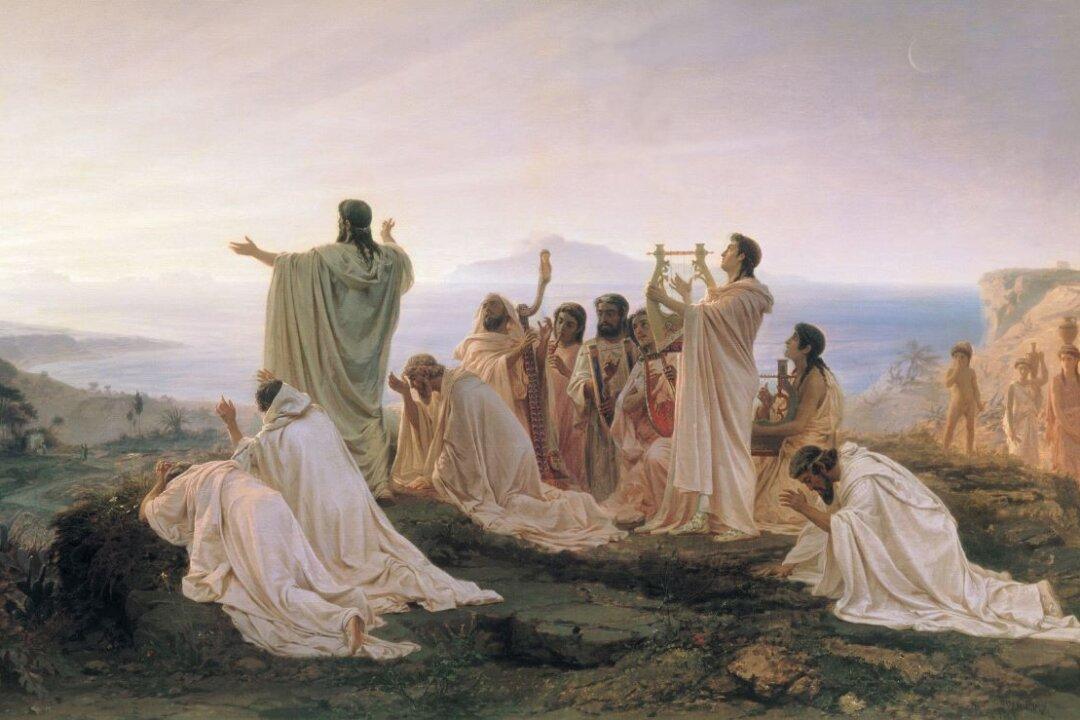Can listening to classical music make you “smarter”? Since intelligence is measured in many ways, the issue is contentious. How, exactly, might this occur?
In a 1993 study published in the journal Nature, Rauscher et al. found some evidence for what has been termed the “Mozart effect.” Subjects who listened to Mozart’s Sonata for Two Pianos in D Major (K. 448) were found to improve spatial-temporal reasoning abilities. But the effect lasted for only 10 minutes, and some subsequent studies did not reproduce these findings. Interestingly, though, a 1998 study published in Neurological Research did find that rats that were raised listening to Mozart’s double piano sonata ran a maze faster and more accurately than their counterparts.





